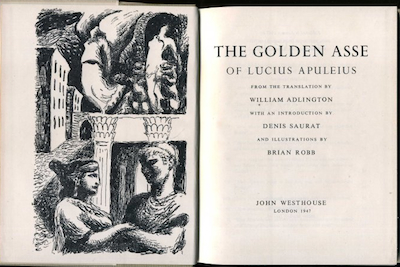HODIE (Roman Calendar): ante diem septimum Kalendas Augustas.
MYTHS and LEGENDS: The art image for today's legend shows Cornelia's Jewels; you can also see the legends for the current week listed together here.
TODAY'S MOTTOES and PROVERBS:
3-WORD MOTTOES: Today's 3-word motto is Da et accipe (English: Give and receive).
3-WORD PROVERBS: Today's 3-word proverb is Mortui non mordent (English: The dead do not bite).
RHYMING PROVERBS: Today's proverb with rhyme is: Si cupias pacem, linguam compesce loquacem (English: If you want peace, constrain your chattering tongue).
VULGATE VERSES: Today's verse is Fiat lux (Genesis 1:3). For a translation, check out the polyglot Bible, in English, Hebrew, Latin and Greek, at the Sacred Texts Archive online.
ELIZABETHAN PROVERBS: Here is today's proverb commentary, this time by Taverner: Fratrum inter se irae sunt acerbissimae: The discorde of brethren betwene them selves is most bitter. This to be true, wee have manie examples out of histeries, of Cain and Abel, of Rhomulus and Remus, of Jacob and Esau, and of infinite other.
BREVISSIMA: The distich poster for today is Voluntas. Click here for a full-sized view; the poem has a vocabulary list and an English translation, too.

And here are today's proverbial LOLcats:


TODAY'S FABLES:
FABULAE FACILES: The fable from the Fabulae Faciles widget is Camelus et Iuppiter, the story of a greedy camel (this fable has a vocabulary list).
MILLE FABULAE: The fable from the Mille Fabulae et Una widget is Verveces et Lanius, the sad story of the flock and the butcher.

GreekLOLz - and Latin and English, too. Below is one of my GreekLOLz; for the individual Greek, Latin and English versions of the graphic, see the blog post: Ἐκ τοῦ κρασπέδου τὸ ὕφασμα δείκνυται. Ex fimbria tela ipsa ostenditur. From the fringe the weaving is known.

Myth and Folklore Books. I'm accumulating some book recommendations for the classes I teach and wanted to share them here. Today's book is The Golden Asse by Lucius Apuleius translated by William Adlington; table of contents here. This is a free Amazon Kindle eBook, and you don't need a Kindle to read it - you can read Kindle books on any computer or mobile device, or you can use the Amazon Cloud Reader in your browser.

